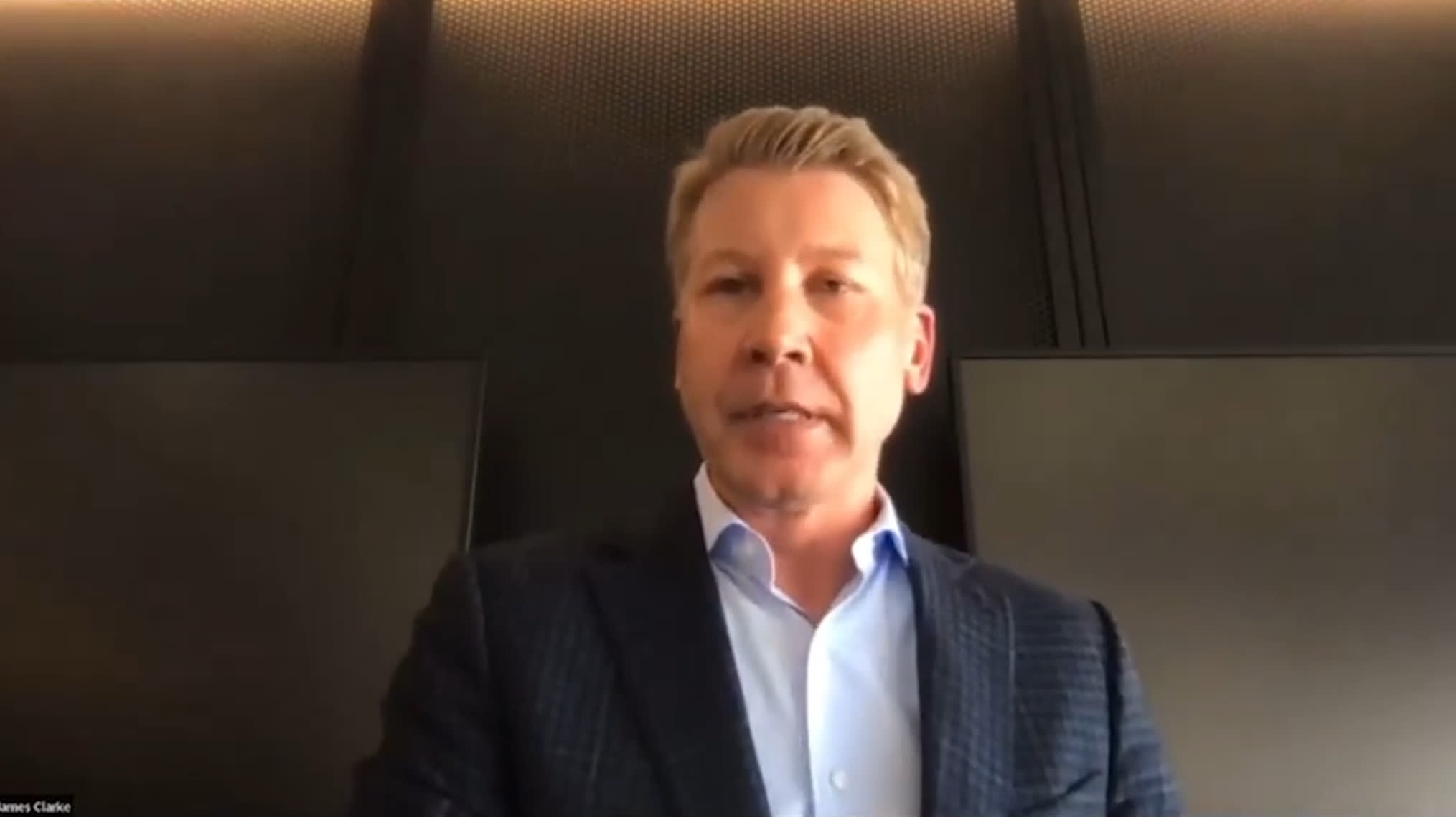WTF?! In another example of why tech CEOs (or any CEOs, for that matter) find little love from others, the boss of a Utah digital marketing company who wants his employees back in the office has praised one worker for selling their family dog in order to comply with his demands. Not content with that remark, he went on to accuse employees of "quiet quitting" and not working enough. He also questioned single parents who work full-time, stating that such an arrangement wasn't fair to children or employers.
The man at the center of the controversy is James Clarke, CEO of Clearlink, a digital marketing company based in Utah. He held a virtual town hall last week, which is making headlines for his extreme, nose-to-the-grindstone work ethic being pushed to employees.
Motherboard posted an edited video of the meeting after it was taken offline elsewhere following a copyright complaint from Clearlink. It was mostly meant to discuss the company's return-to-work policy that forced workers living within 50 miles of company headquarters in Draper, Utah, back into the building four days per week, with some exceptions. This was despite Clarke telling staff in late October that there were no plans to end remote work - some employees had been hired on the understanding that they would be working from home.
But rather than reassuring staff about returning to the office, Clarke seemed to spend much of the video complaining about them. He said around 30 employees had not opened their laptops for a month (quiet quitters) and claimed some developers had been working at other companies while picking up a paycheck from Clearlink.
Clarke said recent advancements in AI meant the company should be increasing its productivity by 30 to 50 times its normal production. He also mentioned that he went to Oxford and Harvard, which he says were founded and operated under the Judeo-Christian ethic. "I challenge any of you to outwork me, but you won't," he said.
The CEO also praised the sacrifices people have made in order to come back to the office. "I've sacrificed, and those of you that are here have sacrificed greatly to be here as well – to be away from your family." He noted that "I learned from one of our leaders that, in the midst of hearing this message, [someone] went out and sold their family dog."
Clarke, who spent a decade on the board of pet health company PetIQ, said the dog story "breaks my heart, as someone who's been at the head of the humanization of pets movement in other businesses that we've built." But then it does sound as if he's praising the dog-seller – it's not like he added the words "Please, people, don't sell your beloved pets" at the end of the anecdote.
Clarke finished his memorable tirade by taking aim at single mothers, claiming they struggle to fulfill both roles as caregivers and full-time employees.
"Breadwinning mothers were hit the very hardest by this pandemic. Many of you have tried to tend to your own children and in doing so also manage your demanding work schedules and responsibilities. And while I know you're doing your best... one could argue this path is neither fair to your employer, nor fair to those children," Clarke said.
"I don't necessarily believe that," he continued, possibly covering his back before confirming, "But I do believe that only the rarest of full-time caregivers can also be a productive and full-time employee simultaneously. You may take issue with any part of this, but I believe the data will also support this in time."
Not surprisingly, it seems some employees have compared Clarke to a "Wall Street felon," likely a reference to Michael Douglas' Gordon Gekko character in the Wall Street films, whose "Greed is good" mantra often seems to be one that CEOs abide by.
Clearlink told Vice that what Clarke said was internal company business.
It's not as if CEOs are averse to this kind of behavior. In December 2021, Vishal Garg, CEO of mortgage firm Better.com, laid off 900 staff during a three-minute Zoom call. More recently, MillerKnoll CEO Andi Owen said that, after giving herself a $6 million bonus, the rest of the company would not be getting yearly bonuses and should "leave Pity City."

